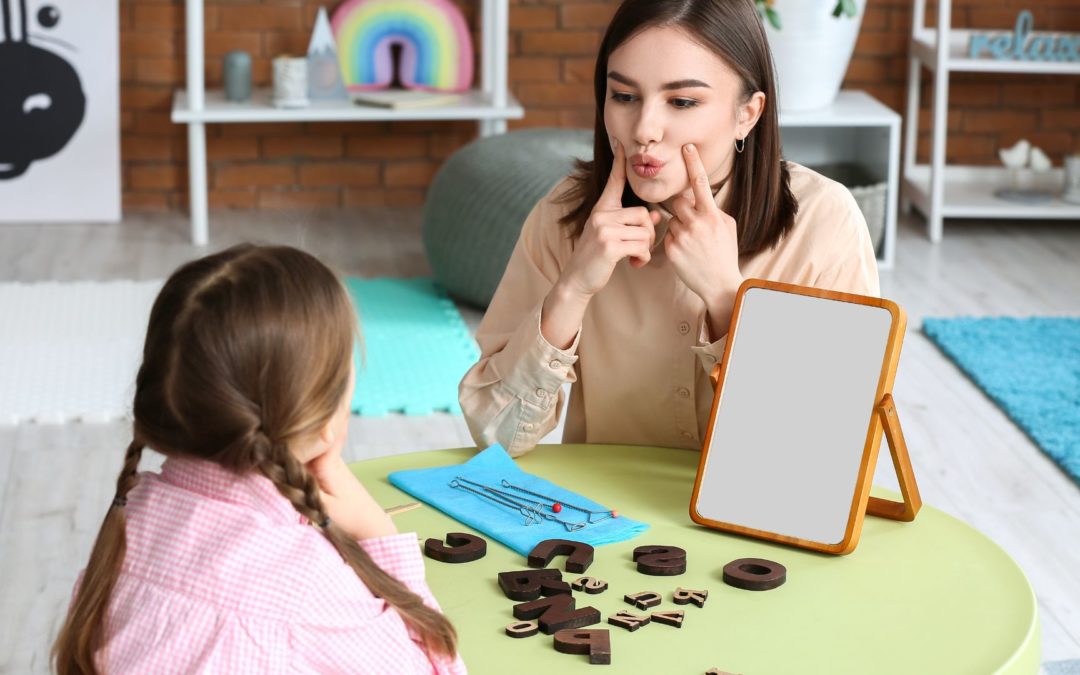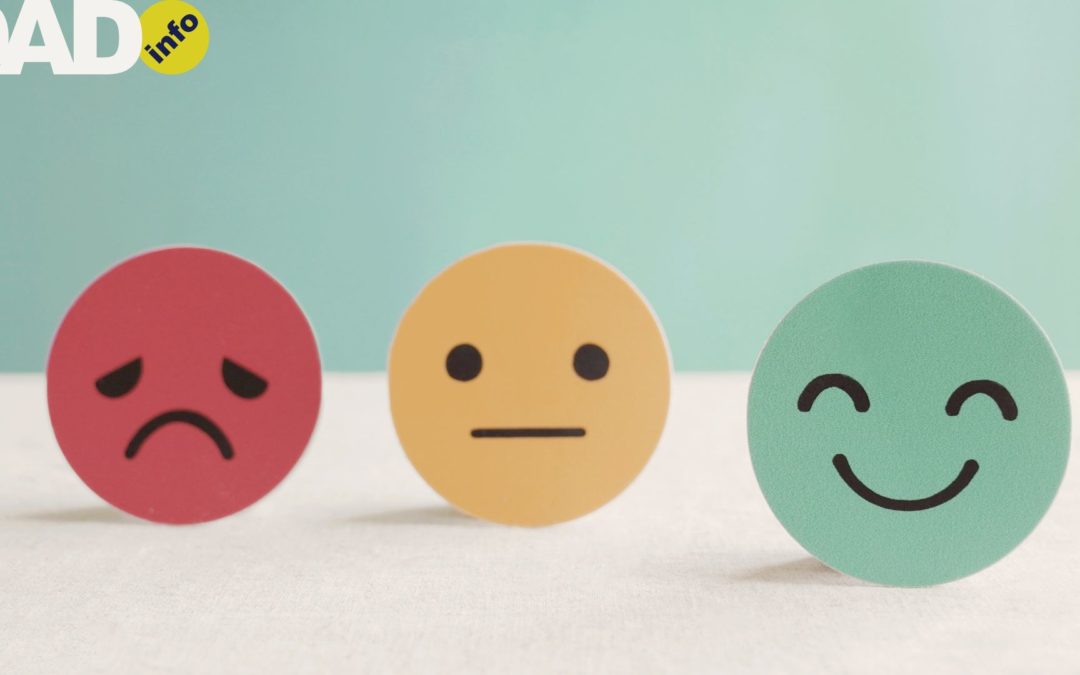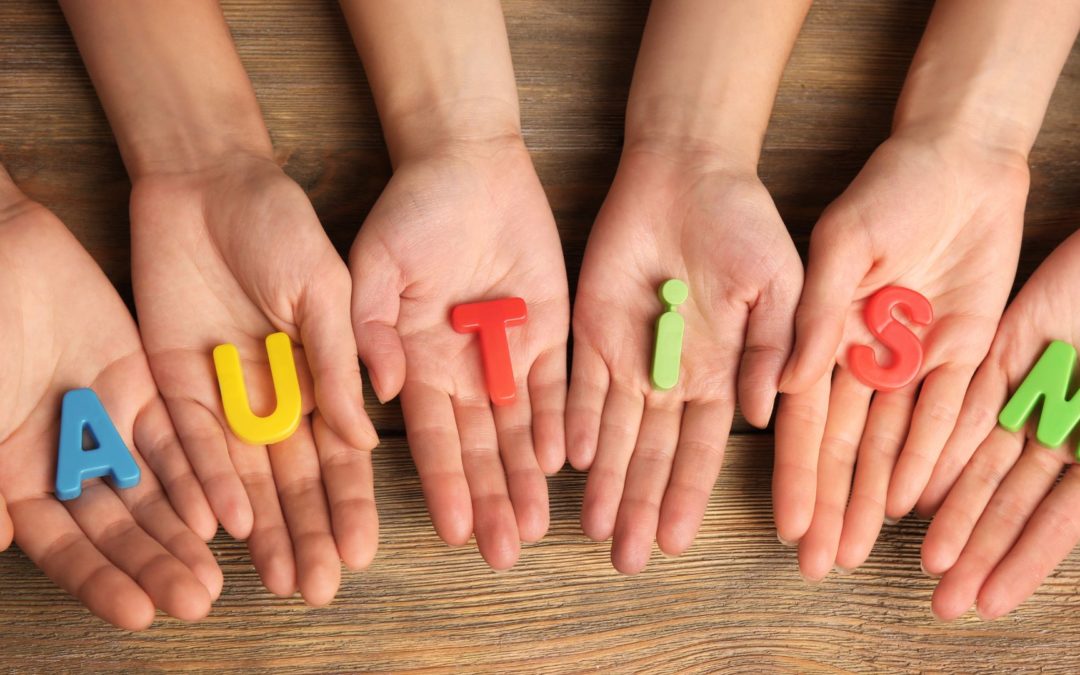
While you’re likely aware of the rising problems in young people around anxiety and depression, you may not have heard of body dysmorphia. Sadly, rates are dramatically on the rise amongst teens. With the constant glare of social media and pressures to conform to society’s beauty standards, more and more women and girls are suffering from this very serious and distressing condition.
What is body dysmorphic disorder?
Body dysmorphia, or BDD, is a mental illness characterised by the sufferer being overwhelmed with concern about their appearance. Rather than being based in vanity, BDD can make the sufferer feel that they are too ugly to go out or be seen by others. People with BDD can often become obsessed with one feature or area of their body, such as their nose or hair. This obsession can take over the person’s thoughts and cause intense distress. It can have a major impact on a young person’s life, and, in some cases, lead to suicide.
‘I felt I was so ugly that I shouldn’t be seen’
Victoria, now 23, has been working with a psychologist at a hospital on her BDD. She feels she has ‘turned a corner’ somewhat on her symptoms, and shared with us her experience.
‘I had a comment from a guy once at work about my mouth, and it changed my life,’ she says. ‘I had never given the appearance of my mouth any thought before, but now this guy had pointed out that I apparently looked like a rodent, and that was all I could think about from then on.’
Victoria became obsessed with posturing her mouth to make it appear ‘better’, and the obsession with her looks started to cause concern about other areas too. ‘Then I became really upset about my hair,’ she says. ‘I kept trying to straighten my curls or hide them, because I felt they weren’t good enough- whatever that means. I’d keep changing my hair and obsessing over how it looked in the mirror. Every time I saw myself I felt disgust but I couldn’t stop.’
Support and working towards recovery
Eventually Victoria became paranoid that people were thinking she was ugly, and stopped wanting to see other people. ‘I wanted to become a recluse,’ she said. Her dentist referred her to the hospital psychiatric team having witnessed Victoria’s distress over her mouth at a routine dental appointment.
The psychologist began working with Victoria to look at her beliefs about her looks, and encouraged her to start noticing whether the people she passed on the street would stare at her. ‘The weren’t at all,’ said Victoria. ‘I had believed that I was so hideous that everyone was appalled by my appearance, but that exercise showed me that people weren’t recoiling in horror like I thought.’
The psychologist also asked Victoria to work on seeing herself as a whole person, rather than just an ‘ugly’ mouth- listing all her likes and dislikes, and strengths.
However, recovery can be a long process. ‘It still affects me every day,’ says Victoria. ‘I let my mouth sit naturally now, but I cannot stand seeing myself on Facetime or in mirrors when I’m out and about. I’m constantly staring at everyone around me, thinking they look much better than me.’
How to spot BDD in your child
Body dysmorphia is mostly an ‘invisible’ illness, in that the activity takes place in the sufferer’s mind. However, there can be some tell-tale signs that parents can look out for:
-asking for reassurance about their appearance constantly- particularly about one area
-either avoid mirrors altogether or spend a lot of time looking in them
-spending a lot of time on makeup, hair or on clothes to ‘mask’ the perceived flaw
-skin picking
-anxiety/ depressive symptoms.
Body dysmorphia can also be tied-in with eating disorders.
How to get help
If you suspect your child may be struggling with their body image or have BDD, contact your GP. Encourage your child to be completely open and frank about how they feel about themselves to professionals- remind them that they have nothing to be embarrassed or ashamed about.
It may also be possible to self-refer to a local talking therapy service- ask your GP’s reception team for information about who to call.









